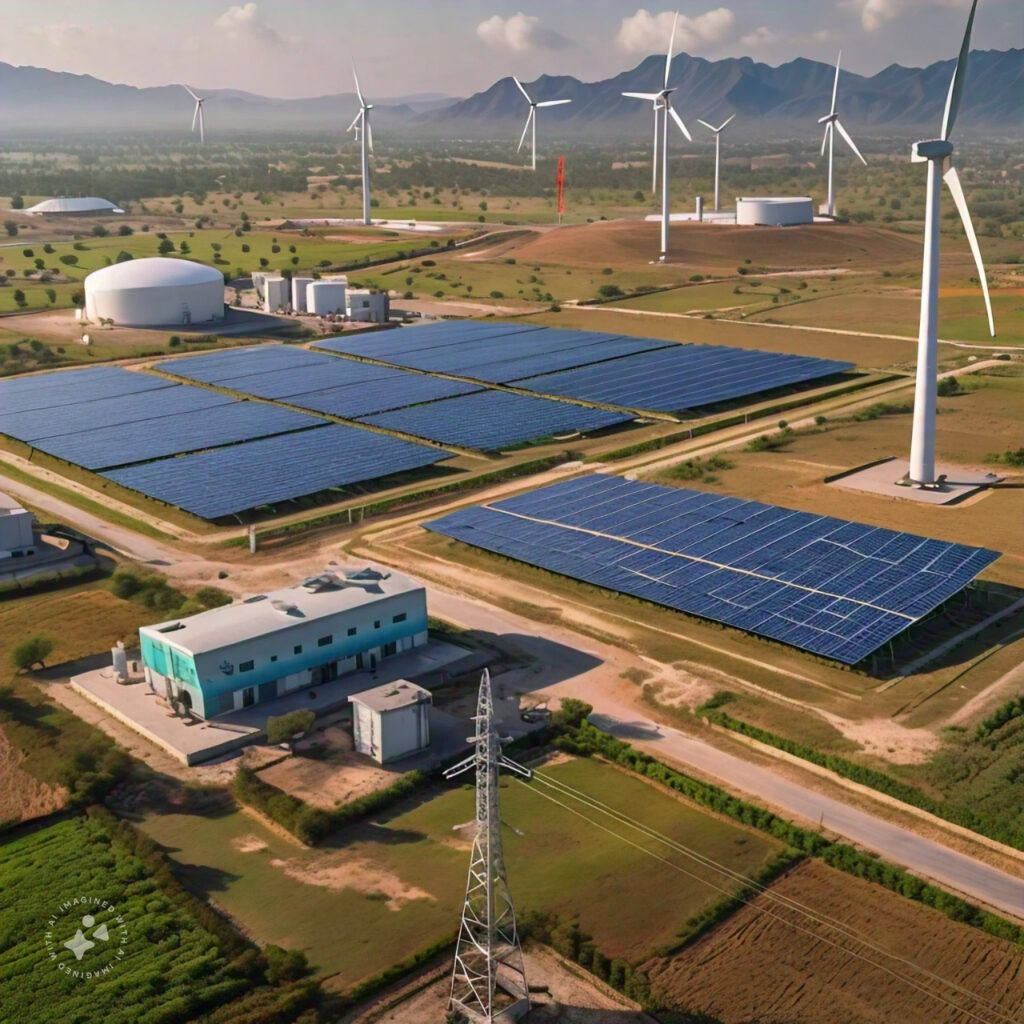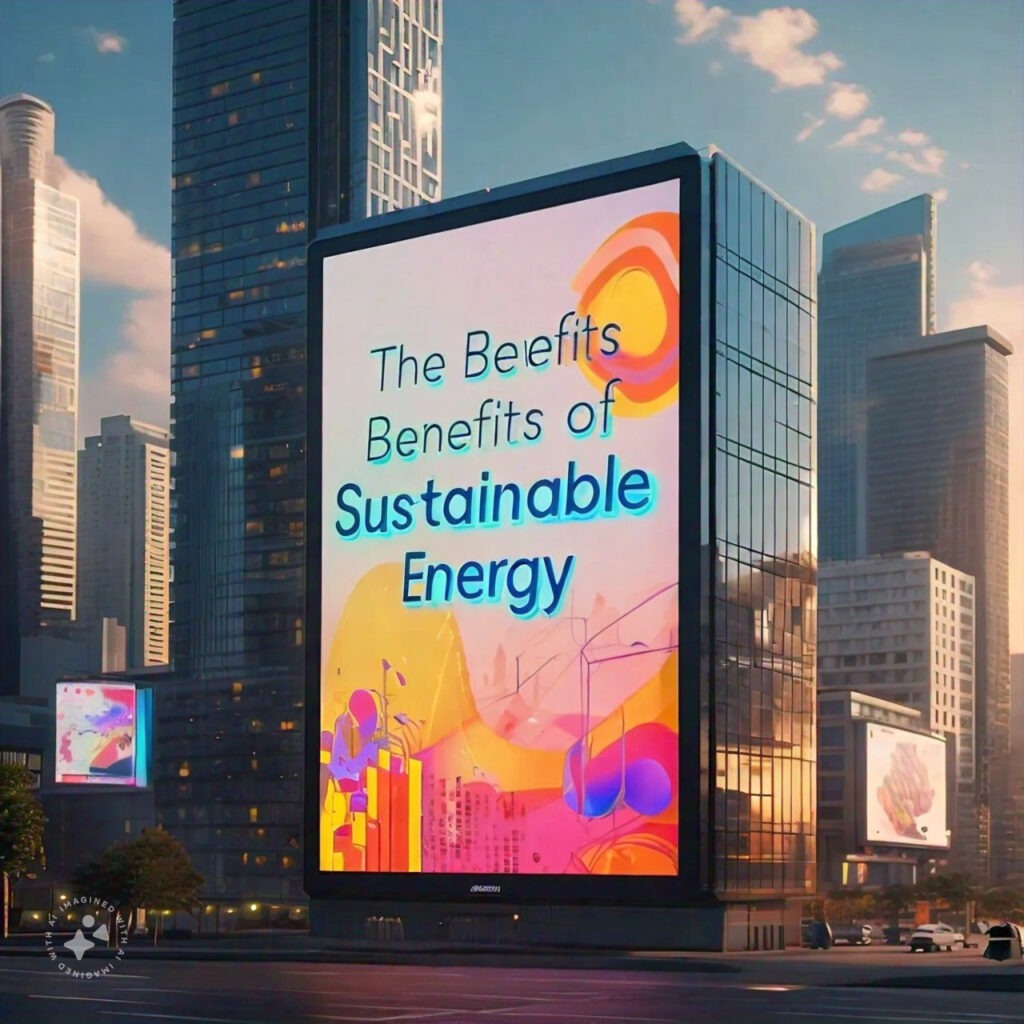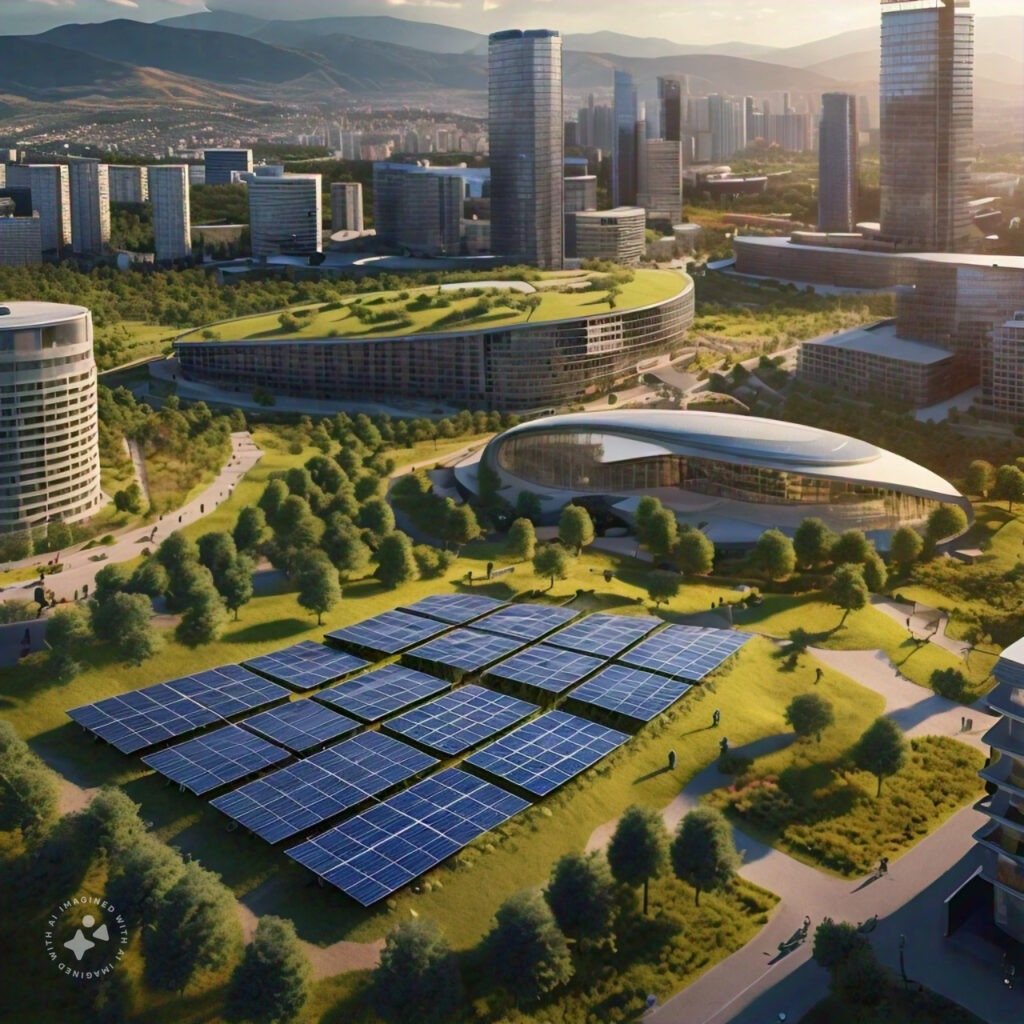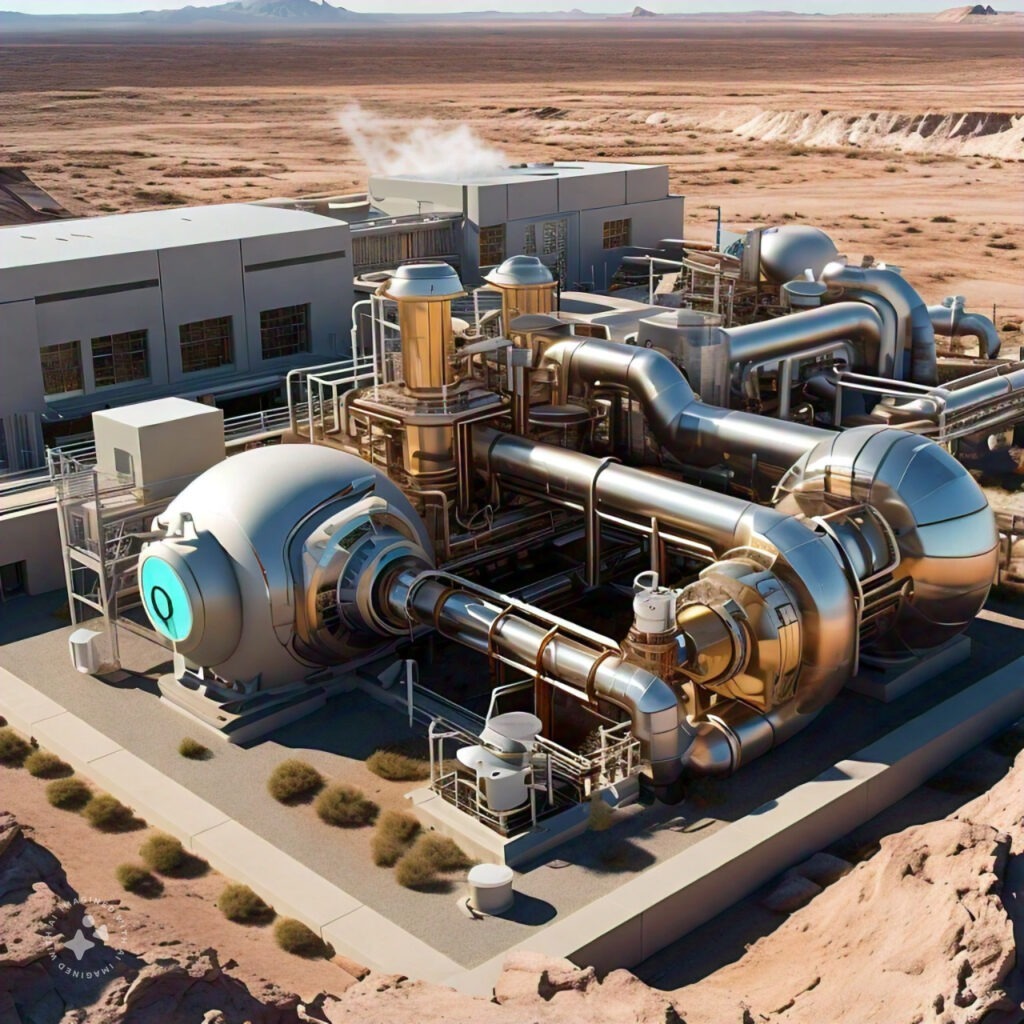Introduction
Pakistan, a country with a population of over 220 million people, faces significant energy challenges. The country’s energy sector is heavily reliant on fossil fuels, which has led to environmental degradation, health issues, and economic burdens. However, there is a growing recognition of the need for sustainable energy solutions in Pakistan. In this blog, we will explore the current energy landscape in Pakistan, the benefits of sustainable energy, and the various sustainable energy solutions that can help Pakistan transition to a greener future.
The Current Energy Landscape in Pakistan
Pakistan’s energy sector is dominated by fossil fuels, with a reliance on imported oil and natural gas. This has led to several challenges, including:

- Energy insecurity: Pakistan’s energy imports are expensive, and the country’s energy security is vulnerable to global price fluctuations.
- Environmental degradation: The burning of fossil fuels has contributed to air and water pollution, deforestation, and climate change.
- Health issues: The use of fossil fuels has led to respiratory problems, cardiovascular diseases, and other health issues.
- Economic burdens: The energy sector is a significant contributor to Pakistan’s trade deficit, and the country spends a substantial amount of its foreign exchange reserves on energy imports.
The Benefits of Sustainable Energy
Sustainable energy solutions offer several benefits, including:
- Renewable energy sources: Sustainable energy sources like solar, wind, and hydroelectric power are renewable and can be replenished naturally.
- Reduced greenhouse gas emissions: Sustainable energy solutions can help reduce Pakistan’s carbon footprint and contribute to global efforts to combat climate change.
- Energy security: Sustainable energy solutions can reduce Pakistan’s reliance on imported fossil fuels and improve energy security.
- Job creation and economic growth: The sustainable energy sector can create new job opportunities and contribute to Pakistan’s economic growth.
- Improved air and water quality: Sustainable energy solutions can help reduce air and water pollution and improve public health.

Sustainable Energy Solutions in Pakistan
Several sustainable energy solutions can help Pakistan transition to a greener future, including:
1. Solar Energy
- Solar Power Plants: Pakistan has an average solar radiation of 5.5 kWh/m/day, making it an ideal location for solar energy generation. Solar power plants can be set up in various parts of the country to generate electricity.
- Solar Home Systems: Moreover, solar home systems can provide electricity to households, particularly in rural areas where grid connectivity is limited, thus offering a reliable alternative energy source to those who need it most.

2. Wind Energy
- Wind Farms: Pakistan can harness its wind corridors in Sindh and Balochistan to generate wind energy, and energy developers can build wind farms in these areas to produce electricity.
- Wind-Solar Hybrid Systems: Consequently, wind-solar hybrid systems can provide a reliable source of energy, especially in areas with high wind speeds and solar radiation, thereby offering a robust solution for power generation in regions with abundant renewable resources.
3. Hydroelectric Power
- Hydroelectric Power Plants: Pakistan can harness its rivers and streams for hydropower, generating electricity and enabling energy developers to build hydroelectric plants nationwide.
- Micro-Hydro Power Plants: Micro-hydro power plants can provide electricity to rural communities and industries, where reliable energy access is limited and grid connections aren’t feasible.
4. Biomass Energy
- Biomass Power Plants: Pakistan’s agricultural sector can fuel biomass energy generation, using crop waste and organic materials to power plants that can be built across the country to produce electricity.
- Biogas Systems: Biogas systems can provide cooking fuel and electricity to households, especially in rural areas.
5. Geothermal Energy
- Geothermal Power Plants: Pakistani energy developers should tap into the country’s geothermal hotspots in Khyber Pakhtunkhwa and Balochistan, building power plants to generate electricity and unlock the region’s potential.
- Geothermal Heating and Cooling Systems: Geothermal heating and cooling systems can provide a reliable source of energy for heating and cooling buildings.

Initiatives and Policies
The Government of Pakistan has launched several initiatives and policies to promote sustainable energy solutions, including:
- Renewable Energy Policy 2019: This policy aims to increase the share of renewable energy in Pakistan’s energy mix to 30% by 2030.
- Alternative Energy Development Board (AEDB): AEDB is a government agency responsible for promoting and regulating alternative energy in Pakistan.
- Pakistan Renewable Energy Society (PRES): PRES is a non-profit organization that promotes renewable energy in Pakistan.
- Green Energy Fund: This fund provides financing for renewable energy projects in Pakistan.
Challenges and Opportunities
Although sustainable energy solutions offer many benefits, we must address several challenges, including:
- High upfront costs: The initial investment costs for sustainable energy projects are high, which can be a barrier to entry for many investors.
- Lack of infrastructure: Pakistan’s energy authorities must upgrade the country’s energy infrastructure to accommodate sustainable energy sources.
- Energy storage: Energy storage is a significant challenge for sustainable energy solutions, particularly for solar and wind energy.
- Policy and regulatory framework: Pakistani policymakers must strengthen the policy and regulatory framework for sustainable energy to provide a supportive environment for investors.
- Public awareness and education: There is a need for public awareness and education campaigns to promote the benefits of sustainable energy solutions and encourage their adoption.
Opportunities
- Government incentives: The Government of Pakistan offers various incentives, such as tax credits and feed-in tariffs, to encourage the adoption of sustainable energy solutions.
- International funding: International organizations, such as the World Bank and the Asian Development Bank, provide funding for sustainable energy projects in Pakistan.
- Private sector investment: The private sector is increasingly investing in sustainable energy solutions, particularly in the renewable energy sector.
- Research and development: There is a growing focus on research and development in sustainable energy solutions, particularly in the areas of energy storage and grid integration.
Case Studies
Several sustainable energy projects have been successfully implemented in Pakistan, including:
- Quaid-e-Azam Solar Power Park: This is a 1,000 MW solar power plant located in Bahawalpur, Punjab. It is one of the largest solar power plants in the world and has reduced Pakistan’s carbon emissions by 2.5 million tons per year.
- Jhimpir Wind Power Plant: This is a 50 MW wind power plant located in Jhimpir, Sindh. It is one of the first wind power plants in Pakistan and has reduced the country’s carbon emissions by 150,000 tons per year.
- Gul Ahmed Textile Mills: This is a textile mill located in Karachi, Sindh, that has installed a 1 MW solar power system to power its operations.
Conclusion
Sustainable energy solutions offer a pathway to a greener future for Pakistan. Pakistan has significant renewable energy potential, and the government has launched several initiatives and policies to promote sustainable energy solutions. However, policymakers must address several challenges, including high upfront costs, inadequate infrastructure, energy storage, and a weak policy and regulatory framework. With the right policies and investments, Pakistan can transition to a sustainable energy future and improve the lives of its citizens.
Recommendations
- Increase government incentives: The Government of Pakistan should increase incentives for sustainable energy solutions, such as tax credits and feed-in tariffs, to encourage their adoption.
- Strengthen policy and regulatory framework: Pakistan needs to strengthen its policy and regulatory framework for sustainable energy to provide a supportive environment for investors.rs.
- Invest in energy storage: Pakistan should invest in energy storage technologies, such as batteries, to address the challenge of energy storage for sustainable energy solutions.
- Promote public awareness and education: We should launch public awareness and education campaigns to promote the benefits of sustainable energy solutions and encourage their adoption.
- Encourage private sector investment: We should encourage the private sector to invest in sustainable energy solutions, particularly in the renewable energy sector.



2 comments
yt mp4 converter
August 5, 2024 at 12:01 pm
I was recommended this website by my cousin I am not sure whether this post is written by him as nobody else know such detailed about my difficulty You are wonderful Thanks
Tech to Force
September 10, 2024 at 9:35 pm
Tech to Force Awesome! Its genuinely remarkable post, I have got much clear idea regarding from this post . Tech to Force